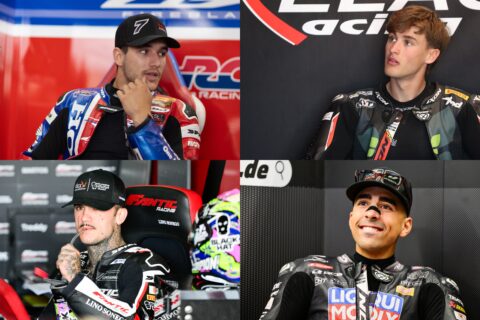WORLD SUPERBIKES - WHAT HAPPENS NOW?
The intriguing possibility of the premier, and competing, racing series having the same owner is fuelling the gossip machines in paddocks around Europe. Not to mention the corporate offices of promoters, manufacturers, sponsors - the money men.
It is now looking pretty well certain that Bridgepoint, a company funded by private investors, will add the ownership of World Superbikes to its other property, MotoGP.
What will happen? Will they continue to run separately? Could they run together? Will both survive?
What is certain is that neither series is as financially sound as they were a few years ago and that as the purpose of any takeover is a) to reduce costs and b) to reduce competition then it is unlikely that the new owners will want to part with it on the cheap.
All this seems a long way from the days of blokes in black leathers and pudding basin helmets, riding Manx Nortons, living in Thames vans and getting 20 quid a start at a Assen. Indeed it is dear reader. In those days the world championships were organised by FIM, the governing body, to whom making money from the sport was about as remote as putting a man on the moon. However, the inventiveness of their expense claims would have put our MPs to shame!
In their wisdom, they decided to sell the commercial rights to a marketing company who could then make money taking the "circus" to any circuit owner who was prepared to stump up enough money for it (currently around £2m), take a slice of his revenue and sell the television rights. This was the model of what Bernie Ecclestone did with motor racing. Indeed, the redoubtable Bernie - at one time a motorbike dealer in Sidcup - had a look at it but decided there was not enough money there.
Dorna, a Spanish marketing company, got the contract. They were then backed by CVC, another British private investment company; they recreated the series under a new brand, MotoGP; and were then sold for a sum in the region of £400m to Bridgepoint when CVC bought Formula One from Ecclestone and his German co-owners.
World Superbikes has been around for a much shorter period and mostly in the ownership of the Italian Flammini brothers although an American rider Steve McLaughlin was one of its founders with the idea stemming from the Daytona 200 and the copycat Imola 200 won by Paul Smart on a Ducati in the seventies.
Ownership was taken over by a Swiss marketing company Infront a couple of years ago. They are big in football and skiing and hopes were high that they would bring a lot of marketing clout to the series. That does not appear to have been the case and try as they might WSB have had difficulty replicating the great days of Fogarty and Edwards.
There is no doubt that ownership of both series by one company would create a problem for the sanctioning body, the FIM. Is it in the interest of the sport that you have monopoly ownership of the two major world events? Preservation of MotoGP is their main priority as by far the biggest brand with potential in those parts of the world, like the Far East and India, which are still growing.
Possible outcomes: Continue to run the series separately and in competition - unlikely; combine and run both races at the same event - interesting but getting all those transporters into the same paddock might be problematical!; reduce WSB to a European series which is where it started - quite likely; sell it back to the Flamminis - most likely.
Watch this space.
RETURN TO REALITY
Visiting the Ulster Grand Prix after an absence of many years was a wonderful reality check. The intervening period has been spent seeing what was once termed a sport become a business (at least for some) with highly organised paddocks typified by inch-perfect lines of transporters; high-tech media centres for molly-coddled hacks (where, exactly, have you seen a high-tech media centre? - DM) and a variety of entertainment for spectators.
Irish road racing is held on proper roads, the paddocks are in fields and what buildings there are tend to be very temporary. The Ulster, alongside the Northwest, is the best and most professional but it is, well, different.
Despite, or because, of all this they are events which fans on this side of the Irish sea should visit. Some of the racing at the Ulster was just fantastic and with Superbikes lapping at 133mph - the fastest in the world - there is no shortage of entertainment on the road which, by the way, resembles on of our better quality B roads with long straights!
And the enthusiasm of the Irish fans is intoxicating - not to mention the Guinness! Road racing in Ireland, both north and south, is much more high profile than in the UK. Joey Dunlop was a national hero. But fan worship is largely confined to local heroes. Ryan Farquar, for example, will be much more highly regarded than those on the world stage like Jonathan Rea or Eugene Laverty. And Josh Brookes, not Irish of course, walked through the paddock unrecognised.
The event also attracts ex-riders from all over the world. One such was Australian Tom Gill who, with Rhodesian Ray Flack, was one of those Continental circus riders of the sixties who included events like the Ulster and the North West 200 on their schedule. Not only were they of the black leathers, pudding basin, Manx Norton brigade - they actually lived in their Thames van and a set of tyres would last them half a season.
Those were the days.

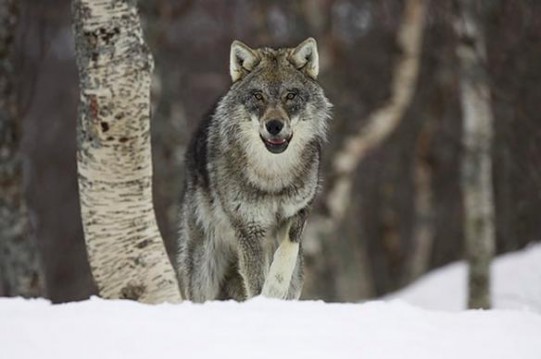
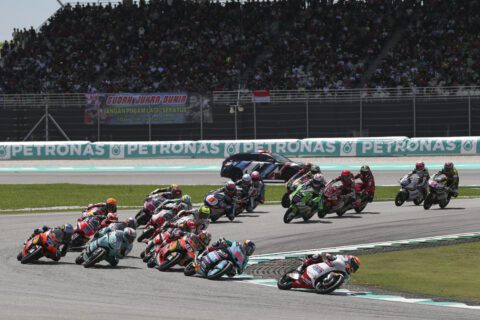
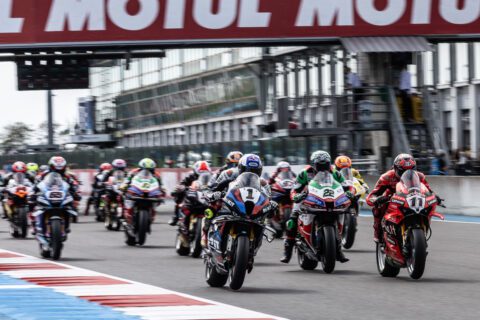
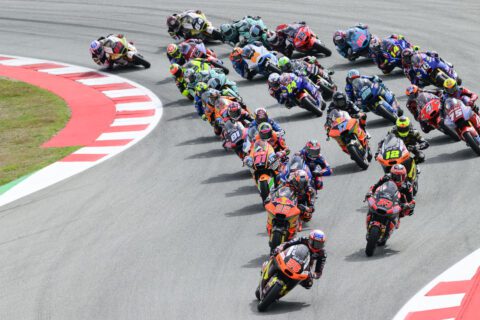
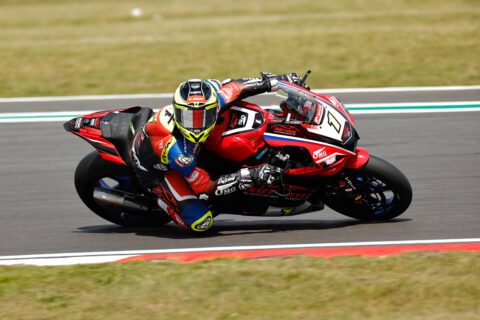
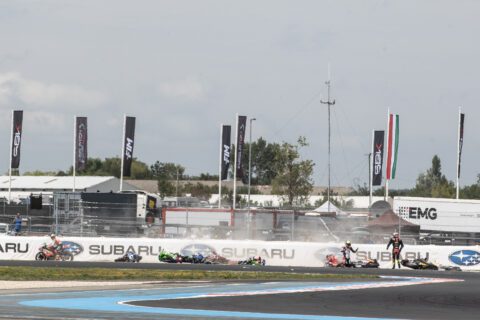
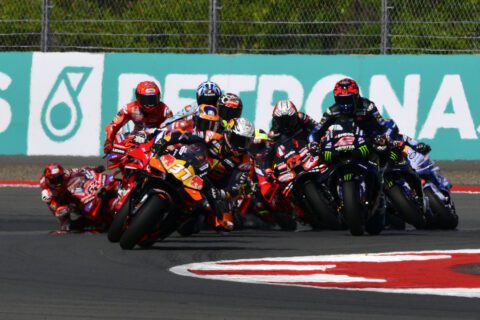
![Shane Byrne, Monstermob Ducati, 2003 WorldSBK, action [Gold & Goose]](https://bikesportnews.com/wp-content/uploads/2025/07/Shane-Byrne-Monstermob-Ducati-2003-WorldSBK-action-Gold-Goose-480x272.jpg)
